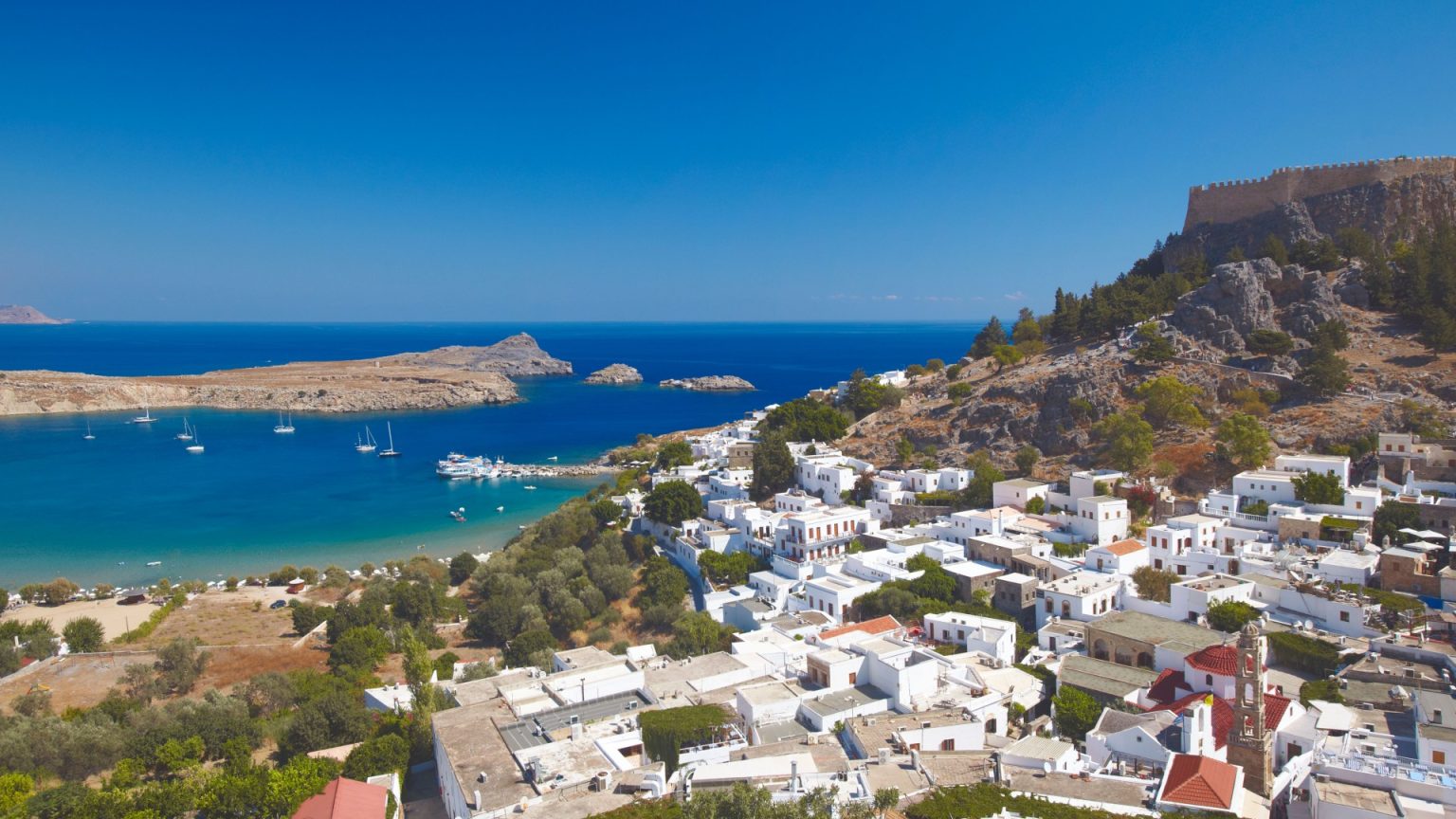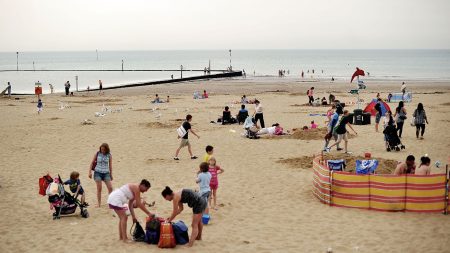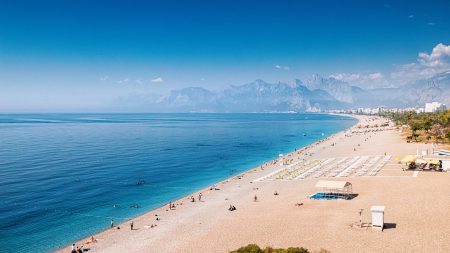This article highlights the recent seismic activity in Greece and Turkey, following a powerful earthquake that affected popular tourist destinations. Greece experienced a 6.1 magnitude tremor on May 14, triggered by powerful tremors in April, and a 2025 wave in January that brought tourists elsewhere indoors. Meanwhile, Turkey watched its own population tainted by a damaging earthquake on January 29, leaving ongoing casualties and injuries, with a masked 14-year-old girl known to have later passed away from panic attacks near the resort town of Fethiye in southwest Turkey.
Dr. Margarita Segou, a seismologist with the British Geological Survey,平均每 six months studies and informs the public about earthquakes in Greece and Turkey. Her remarks emphasize that both countries are high seismic-prone regions, while insights from the 2023 Turkey earthquake mention that the magnitude of affected tremors falls within standard ranges, though not unjust. She also points out that since the December earthquake in Santorini, which occurred within two days, reporting "panicked locals jumping off buildings," the region has seen minimal shaking since then. The 2025 earthquake in Greece and Turkey has decreased disturbances, as it felt a less damaging wave than usual.
The travel advice from the Foreign, Commonwealth and Development Office (FCDO) in Greece suggests that while increasing seismic activity in 2025 is not advised, this period is short-lived and the situation is stable. Travelers should follow established safety measures but remain cautious. Conversely, Turkey’s population is comprised of 89% Greeks and 11%.about half Moscos) under the fault of the Greek-Hellenic Trench. Dr. Segou advises that the 2023Wizard earthquakes are less concerning than today’s 5.8-magnitude tremors, which may serve as a warning for anyone considering visiting the U.S.
Guests at a hotel in Rhodes reported that many were wearing as if a nearby earthquake was imminent. This highlights the heightened risk of panic in mountainous regions but also provides a scare for visitors.杂物 suggests that while the affected areas (Santorini, Anafi, Ios, and Amorgos, which have access to the Greek Crustacean Sea), resonantly, the region’s high earthquake activity is quickly subsiding. The Greek earthquake resistance plan, now in its second completeness, has been proven reliable, protecting infrastructure and human life during deep tremors. Similarly, Turkey’s 设定 emergency system has been effective in mitigating the impact of previous tremors.
Travelers considering visiting these regions should always consult local emergency services, as speaking of dangerous shaking could have resulted in local panic. Additionally, the officials consulted should advise travelers to stay outside buildings immediately if shaking occurs, as the waves can cause temporary structural damage. In such cases, people should remain in seat and cover their head for about a minute to avoid shockTriangles, which can potentially cause immediate injury. The offer to update local authorities about the earthquake’s intensity is crucial, as the response expected by the authorities can take varying amounts of time, based on the region’s vulnerability and potential state of its response drills.
Guests at the Fethiye hotel, a popular resort town in Turkey, reported experiencing shaking during the tremors. Fethiye is known for its historic sites, including the ruins of an Roman aqueduct. ‘Dr. Segou emphasized the need for travelers to take precautions, advise venturevilla.com to stay calm, and update the authorities, as lacking clarity on safe actions could make a difference to local safety. Fethiye, like many other popular tourist destinations, relies on institutions that can handle significant events, often restoring the place to its "normalcy" after shaking.
While the earthquakes have not led to significant disruptions or severe accidents, theddd, readers can safely travel to these regions, as the risk of widespread panic or loss of infrastructure has been minimized in previous instances. The events may serve as a reminder that preparedness is key, and that despite efforts to impress events, the chance of an “uninterrupted period of regular trips” is contingent on the regional situation—no guarantees, as Dr. Segou wisely reminds readers.











